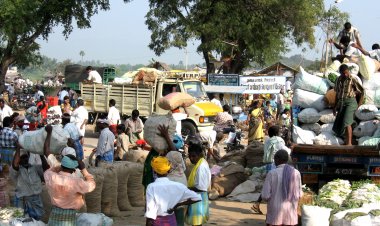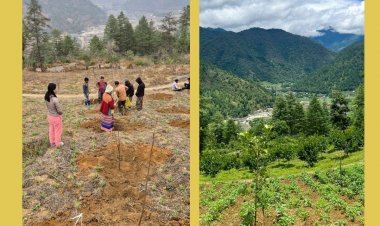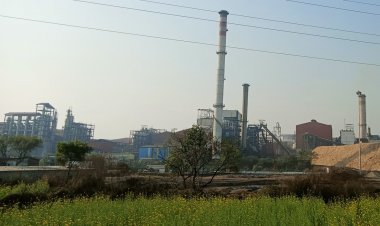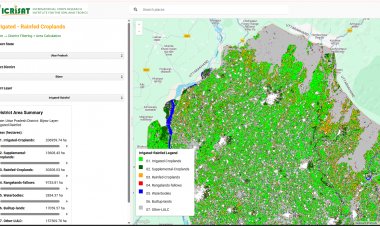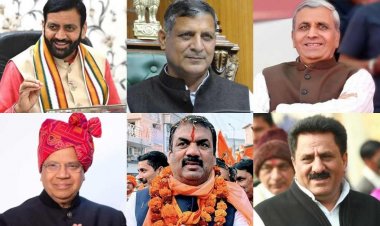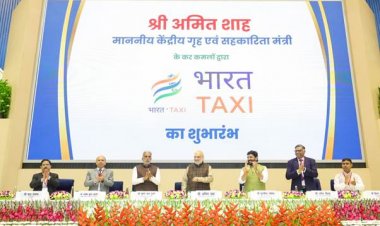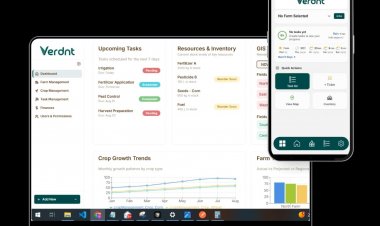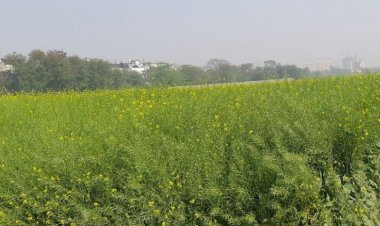Centralized system of government and parties leads to unrest among leaders of stature
The story is more or less the same in most of the parties — the rights are increasingly getting centralized. Had this been limited only to political parties, things would not have been that serious. But now this way of centralized working is fast becoming part of decision-making by the governments. This has led leaders to feel insecure about their political future.
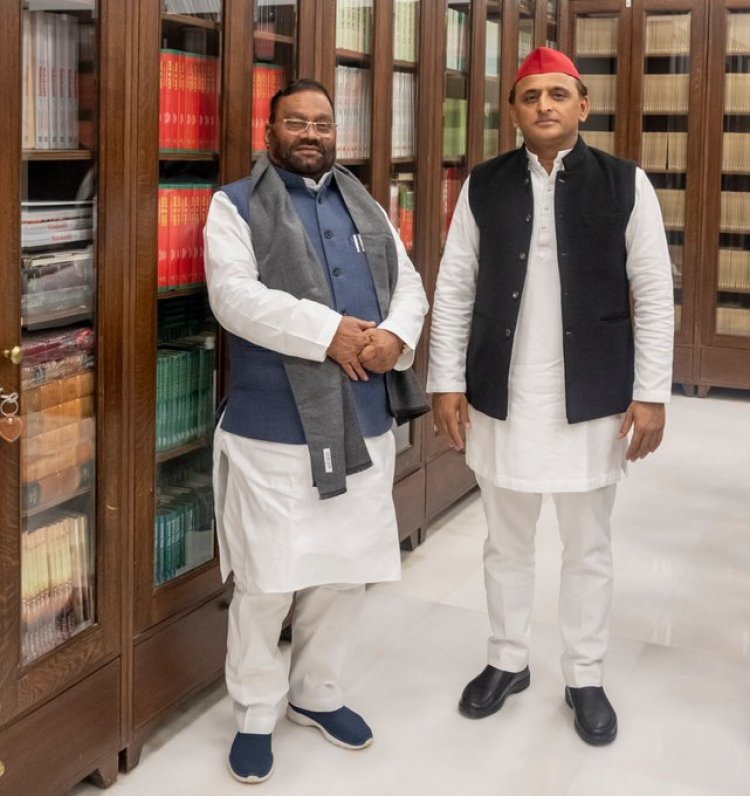
I recently had an opportunity to meet a leader who had switched over from the Bharatiya Janata Party (BJP). His pain was that after having participated in effective politics for decades, he now found the political space shrinking. And it was this crisis that primarily led him to change the party. In fact, this has also been the reason for several veteran leaders from Other Backward Classes (OBCs) quitting the BJP on the eve of the Assembly elections in Uttar Pradesh (UP).
In fact, this is not unique to any political party. The story is more or less the same in most of the parties — the rights are increasingly getting centralized. Had this been limited only to political parties, things would not have been that serious. But now this way of centralized working is fast becoming part of decision-making by the governments. This has led leaders to feel insecure about their political future. Therefore, one needs to see the recent incidents of switching parties as more than mere electoral and political opportunism.
The centralization of decision-making is fast increasing in the Union government and the state governments. Dharam Singh Saini, who resigned from the UP government, has stated that the files did not come to him. However, the statement cannot be fully correct because the decisions in any department require the seal of the minister concerned. It may be the case that he did not have the full discretion to make the decision and this is perhaps why he is making the allegation.
Keshav Prasad Maurya, the Deputy Chief Minister of UP, had also shown his unhappiness with departmental decisions. The trend of most of the decisions being made at the Chief Minister’s office and at the level of some select officials has been picking up over the last few years. UP is no exception to this. Given this scenario, the scope of ministers and elected representatives to take political advantage is getting reduced. And this is what is causing unrest among the politically influential leaders.
Often, politicians take the credit of providing jobs and launching development projects and thereby strengthen or maintain their base. But with the state governments not recruiting for government posts or, if at all they do, doing so with significant delay, the vacancies in the departments of the Union and state governments are going on increasing. Besides, policies that constantly promote privatization have shrunk the number of government jobs for OBCs, Scheduled Castes (SCs) and Scheduled Tribes (STs). This change has set the alarm bells ringing for leaders from backward castes because they are losing a big opportunity to woo the people for the sake of their own political strength.
Backward caste leaders from other political parties had made their entry into the BJP pretty fast over the last few years, but it is leaders from these very castes who have shown haste in quitting the BJP on the eve of the UP Assembly elections. Whether it was Swami Prasad Maurya, Dara Singh Chauhan or Dharam Singh Saini, all of them alleged that the party was dominated by forward caste leaders. Similar allegations were made regarding rules being flouted in the appointment of government officials and recruitment to government posts.
The recent developments have shrunk the OBC umbrella of BJP voters that had led to a massive increase in its vote percentage. This OBC umbrella has played a big role in whatever increase the party registered over the last seven years in terms of its vote percentage or in terms of the increase in seats won in its bid to gain power at the Centre or in the state. The BJP may have been seen in public taking the developments of the past few weeks lightly, but the truth is otherwise.
Omprakash Rajbhar, a leader from the backward caste Rajbhar, had separated from the alliance before the recent spate of leaders switching sides. That was before the 2019 Lok Sabha elections. However, Rajbhar had been unable to make the BJP suffer any loss in those elections. Things are different in these Assembly elections. For a BJP that is already rattled by the RLD-SP alliance in western UP that has been under the influence of the farmers’ movement, the OBC leaders quitting the party may give rise to troubles in central UP and Purvanchal. The party is developing a strategy to get over this and trying to minimize its losses.
In a centralized system of running governments and parties, leaders with a political base of their own will get all the more restless in the days to come. No political leader wants to remain a mere MP or MLA while no one pays heed to him right from the local government to the level of state or Union government. A prominent leader from the BJP had said to this writer recently, “The leader does not contest the election in our party. It is the party that contests the election. It, therefore, doesn’t matter who gets the ticket.” However, this confidence does not reflect in the caution that the BJP has exercised in dropping the sitting MLAs from the list of candidates for the UP Assembly elections. It may be clear after the election results in UP whether the political parties and the leaders running the government will really have to rethink the centralized system in the days to come.



 Join the RuralVoice whatsapp group
Join the RuralVoice whatsapp group


















